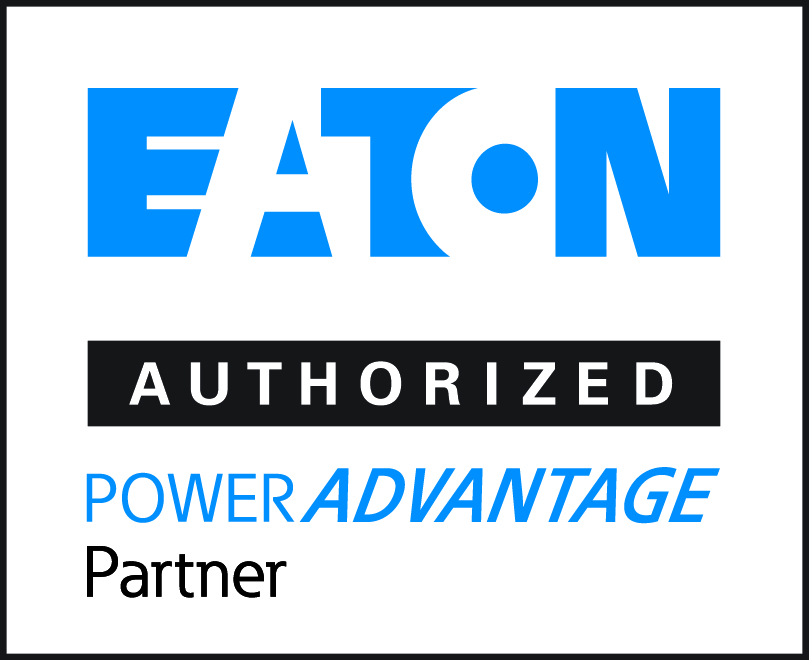
In a recent incident, a successful marketing firm's CEO experienced a major security breach when their Facebook account was compromised. Hackers managed to utilize their account over a weekend to promote an online gambling site, running ads worth over $250,000. The firm not only faced the loss of these funds, as neither Facebook nor their financial institutions assumed responsibility, but also lost their entire Facebook presence, which was shut down due to this unauthorized activity.
This shocking situation was compounded by the absence of specific cybercrime insurance, leaving the firm with the total loss. Rebuilding their Facebook audience, a process that took years, is an additional burden they now face. This entire ordeal may total up to half a million dollars in damages.
Another case involved a different firm discovering all their Facebook ads paused and replaced with spam ads for a weight-loss site, with a staggering daily budget of $143,000. Although their spending limits prevented a $2.8 million charge, the high budgets led to rapid ad dissemination by Facebook's algorithms. The firm played a frantic game of disabling the rogue ads, only to have them re-enabled by the hackers in real-time. The breach, originating from a compromised legitimate user account, resulted in the firm's account suspension and deletion of all campaigns. Their quick response limited the financial damage to about $4,000, but the inability to run ads for two weeks led to a significant revenue loss, estimated between $40,000 to $50,000.
These real-life examples highlight a hard truth: when an online account is compromised due to weak or reused passwords, lack of multifactor authentication (MFA), inadequate email security, or malware infection, the responsibility often falls entirely on the account owner. While companies like Facebook provide cloud-based services, they are not liable for account security breaches stemming from individual user failures.
The best strategy is to prevent hacking from occurring in the first place. Awareness and education about these risks are vital for all staff members. Businesses should not underestimate the likelihood of being targeted by cybercriminals. Strong, unique passwords for each application, minimal user access, robust device security, and regular cyber security risk assessments are critical components of a comprehensive cyber protection strategy.
Organizations must ensure that all network-connected devices are secure against keylogger malware, which can capture sensitive data. Regular independent cyber security risk assessments, particularly if not conducted in the last six months, are imperative for maintaining strong defenses against evolving cyber threats. These assessments are key to identifying vulnerabilities and reinforcing security measures.








